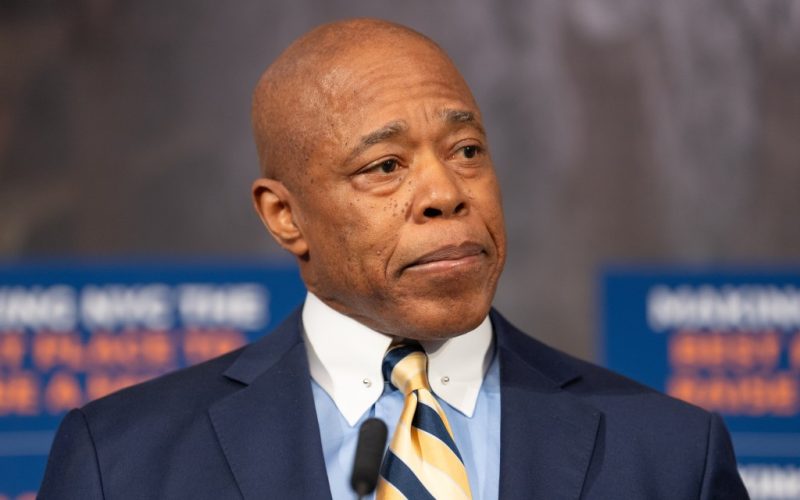Former top City Hall officials would be barred from lobbying any municipal agencies for two years under a bill passed by the City Council on Thursday, sending the measure to Mayor Adams, who declined to immediately say whether he would sign it into law.
Under current law, senior City Hall officials, like deputy mayors and chiefs of staff, are barred from lobbying the mayor’s office for a year after leaving public service. They can lobby other city agencies besides the mayor’s office immediately upon departing under existing regulations.
The new bill, which passed the Council in a 39-9 vote Thursday afternoon, would beef up the law so ex-senior City Hall officials can’t lobby any city agencies for two years after departing. It would also subject multiple positions to the ban that currently aren’t covered by it, including City Hall’s chief counsel, press secretary, communications director and intergovernmental affairs director.
In a statement, Adams spokesman Fabien Levy didn’t say whether the mayor will let the bill become law or use his veto pen to try to block it. Levy did lament that the legislation doesn’t subject senior Council staffers to the same lobbying restrictions that top mayoral officials would face.
“From the start, we negotiated in good faith, agreeing to the Council’s changes for senior leaders in our administration. All we asked in return was for the powerful leadership staff at the Council to not be able to lobby with impunity and for citywide elected officials to hold themselves to the same standards as our administration,” Levy said.
“Oddly, that request was rejected, and this bill does not do enough to improve transparency.”
The bill will automatically lapse into law after 30 days unless Adams vetoes it.
The bill’s author, Brooklyn Councilman Lincoln Restler, said he saw the need for the tightened restrictions after Frank Carone, Adams’ first chief of staff and longtime political confidant, started a consulting firm upon leaving City Hall in late 2022 and then registered as a lobbyist as soon as his one-year ban passed. His firm, Oaktree Solutions, has multiple lobbying clients with business before Adams’ administration.
Carone’s move into the private sector sparked concern from ethics watchdogs, who argued it exposed a loophole in city ethics law that paves the way for pay-to-play in city government.
“He was the most powerful person in the Adams administration, involved in the hiring of every key official, involved in the policy-making, the budget decisions, the management of city government and every critical term — and the day he left city government with his new lobbying practice, he was legally permitted to lobby 99% of mayoral agencies, 99% of mayoral staff, 99% of city government,” Restler told reporters before Thursday’s vote.
“Our legislation today slams the door shut on the revolving door that allows the most powerful people in the mayor’s office to lobby their former colleagues the very next day,” added Restler, a frequent Adams critic whose legislation has internally in the Council become known as the “Carone bill,” according to sources.
An earlier version of Restler’s bill did include a provision proposing to impose the restrictions on “high-level employees” of the Council as well as the roughly 3,000 managerial staff across city government who are on the so-called Substantial Policy Discretion list.
But Restler said he cut that component out after government watchdog groups suggested such a ban would be “too broad.”
“All the good government groups gave sharp feedback that they thought it was too broad, that it was better to target the most powerful people in city government, the senior staff in the mayor’s office that have direct oversight of the 300,000 person mayoral executive branch of city government,” he said.

Carone, who remains one of Adams’ top political advisers and is expected to help lead his reelection effort this year, declined to comment on the bill’s passage.
He has said he isn’t personally engaged in direct lobbying, and that his employees handle that.
The bill’s passage comes at a time of heightened concern about city government ethics in the wake of Adams’ federal corruption indictment. Adams, who pleaded not guilty in September and is expected to stand trial in April, has also seen a number of top advisers resign from his administration in recent months after being ensnared in their own corruption probes.
Originally Published:








